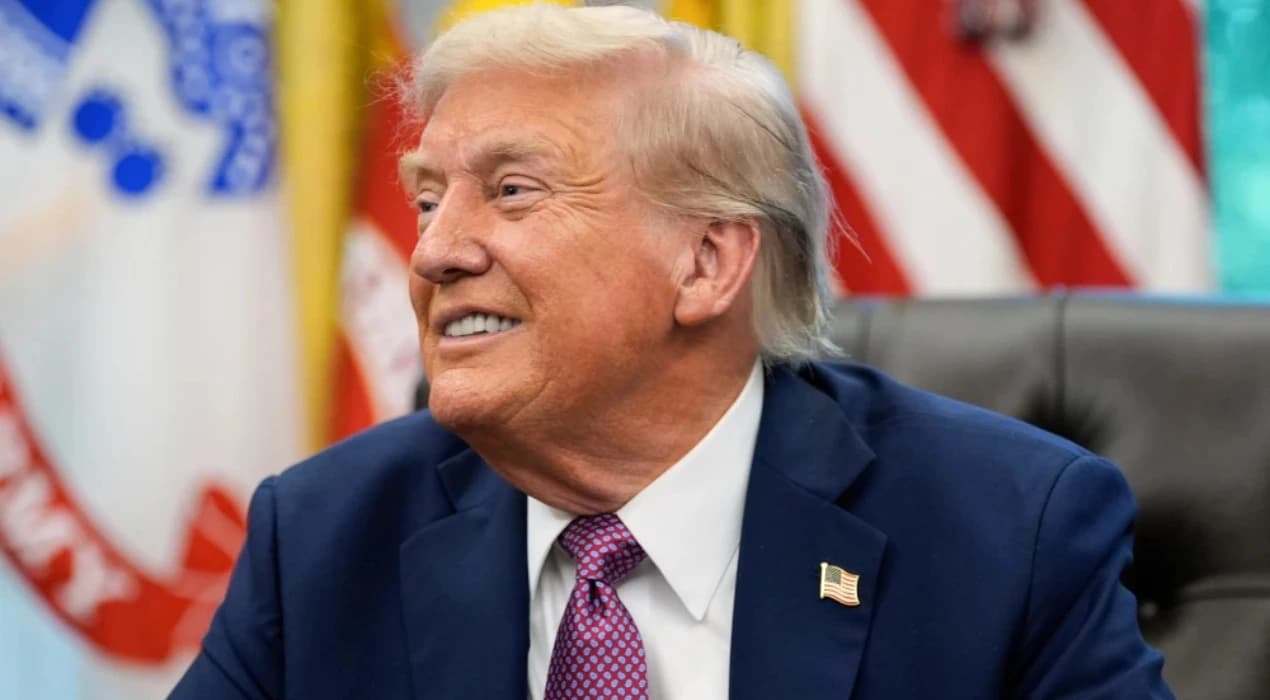Summary
- The Senate confirmed 48 Trump nominees in a single vote Thursday.
- Used the "nuclear option" to change confirmation rules.
- Rule change allows bulk approval with simple majority vote.
The 51-47 party-line vote validates numerous Trump appointees for ambassadorial and sub-Cabinet posts. Among them are former Fox News host Kimberly Guilfoyle as ambassador to Greece, former Representative Brandon Williams, R-N.Y., as undersecretary of energy for nuclear security, and Callista Gingrich, the former House speaker's wife, as ambassador to Switzerland and Liechtenstein.
It followed a simple majority decision by Senate Republicans to repeal current regulations that require 60 votes to confirm nominees in batches. With the support of centrist Senators Lisa Murkowski of Alaska and Susan Collins of Maine, the GOP's attempt to go "nuclear"—the euphemism for altering Senate rules on a party-line basis—was unanimous.
Despite their best efforts, Democrats were unable to resist the rule change because they only held 47 members.
The 48 nominees nominated on Thursday are the first to be confirmed since the rules were changed.
"This is a broken process, folks,"
Thune said in the run-up to the vote series last week.
"That's an embarrassment."
For weeks, Senate Majority Leader John Thune, R-S.D., accused Democrats of slow-walking and obstructing Trump candidates, including those at lower levels who had some bipartisan support. He claimed that the Senate was now dysfunctional as a result.
However, Democrats said Trump had put them under more scrutiny after filling his administration with unfit followers, and they refused to give the majority assent needed for nominees to bypass the customary discussion and procedural obstacles.
"He didn't deserve the benefit of the doubt that has been given to such nominees by previous presidents,"
they said.
“This is a sad, regrettable day for the Senate,”
he said after the majority party made its opening salvo on the matter last week.
“And I believe it won’t take very long for Republicans to wish they had not pushed the chamber further down this awful road.”
The new rules empower the governing party to confirm an unlimited number of selections in blocs, altering the confirmation process for Trump and future presidents. The option is available for executive branch nominees who are up for debate for two hours; they are usually lower-level candidates, such as ambassadors and deputies. Cabinet nominees and aspiring judges are exempt from it.
Republicans stated that if their own senators oppose a nominee being included in a certain bloc, they will either try to resolve the issue with the senator or remove the nominee from the group. But they won't treat the Democrats with the same decency.
What were the main reasons for Republicans' push to change confirmation rules?
A considerable backlog of approximately 150 of Trump’s executive branch nominees were currently stuck in the Senate, hindering the administration’s ability to appoint key officers to government jobs.
Republicans charged Senate Democrats with historically extreme slow-walking tactics by using extended debate and individual votes to block or delay confirmations.
The change in rules was considered a legitimate way to bring the Senate back to the functional ability to quickly confirm nominees and not become disorganized owing to long partisan disputes.
This action follows changes to Senate rules in 2013 and 2017 reducing filibuster protections against judicial and executive nominations deemed the predictable next step by Republicans.

